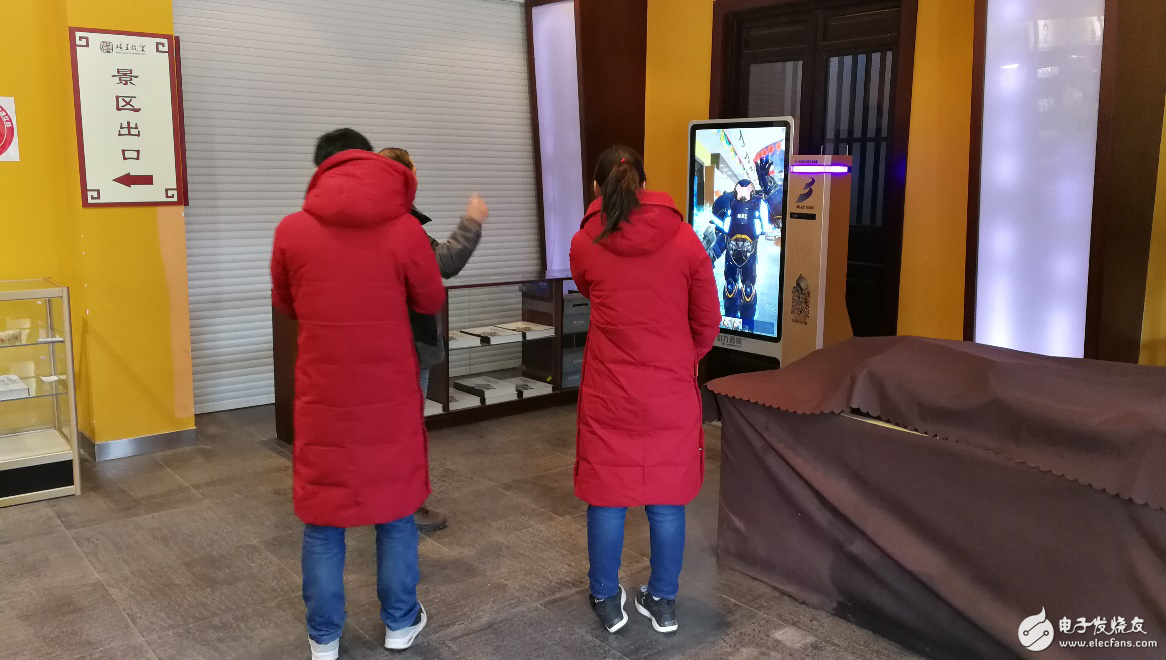Cloud Innovation is driving the creation of a nearly trillion-dollar ecosystem. However, this is just the beginning. The next major evolution in computing logic is blockchain technology.
The cloud marked the first step in moving away from centralized systems. Companies now store files and access processing power through applications that require high bandwidth for continuous use. But maintaining server rooms involves ongoing costs, security concerns, and regular updates. By moving to the cloud, businesses can break free from hardware limitations and scale more efficiently.
Today, companies can operate from anywhere and easily hire remote teams. Computers and smartphones serve as bridges, enabling more processing power to be located elsewhere. This shift has redefined how we think about work and infrastructure.

**Cloud-Distributed Workforce**
Blockchain introduces a second iteration in the computational structure by establishing a decentralized, secure, and transparent network. It allows for immutable records, democratic decision-making, and greater reliability. This leads to unbreakable programs, transparent services, and a more resilient system.
**Blockchain Decentralized Computation**
In blockchain, miners solve complex mathematical problems to validate transactions and maintain consensus. They contribute their computing power to the network in exchange for cryptocurrency rewards. These miners form a node system that stores and processes data across the network.
Miners around the world pool their resources to:
- Maintain a full copy of the blockchain
- Verify and process transactions
- Execute smart contracts and decentralized applications (Dapps)
Ethereum, one of the most popular blockchain platforms, provides developers with the Ethereum Virtual Machine (EVM). This tool enables the development of decentralized apps that run on blockchain networks rather than traditional servers.
Unlike cloud-based applications that rely on a limited number of nodes, Dapps are distributed across thousands of computers. They function like torrents, with multiple nodes running different parts of the application simultaneously. This redundancy makes them highly secure and resistant to attacks.
Blockchain doesn't depend on centralized server rooms. Instead, it distributes processing power globally, leveraging the internet's vast computing resources. This model challenges the perception that cryptocurrencies are just speculative assets. In reality, they enable a more secure and efficient way to exchange value and power digital services.
Through blockchain, we can build a new kind of internet — an Internet/Cloud 2.0 — that enhances security, improves transparency, and supports the growth of AI, IoT, and digital record-keeping. This is a trillion-dollar opportunity, and we're only scratching the surface of its potential across all industries.
Outdoor Network Cabinet,Telecommunications Industry,Industrial Cabinet,Electrical Enclosure
Guangdong Yuqiu Intelligent Technology Co.,Ltd , https://www.cntcetltd.com